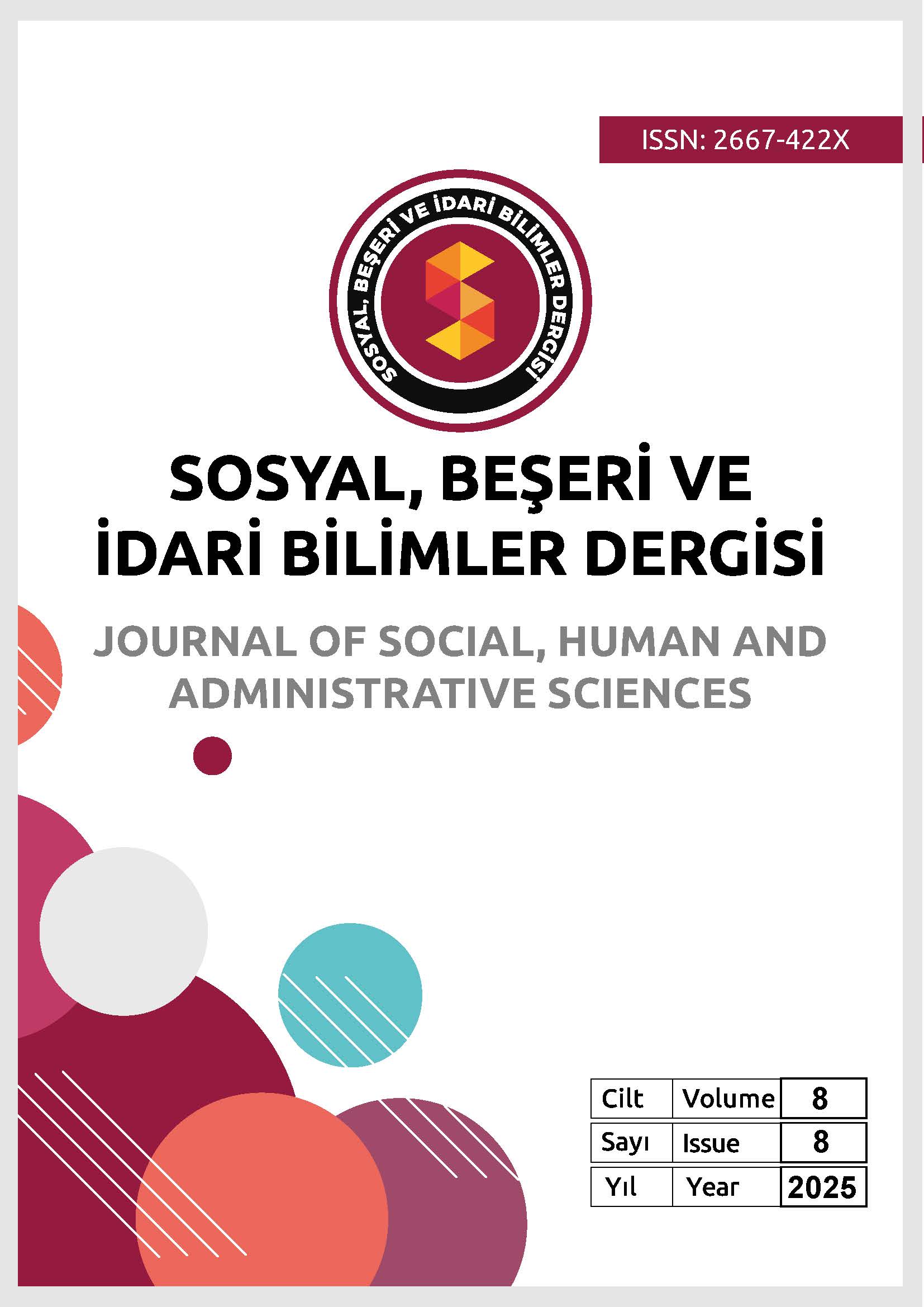Gelişmiş Ülkelerin Bireysel Emeklilik Sistemiyle Ülkemizde Uygulanan Bireysel Emeklilik Sistemi Refah Rejimleri Kapsamında Bir Panel Veri Analizi
Main Article Content
Abstract
This study examines the implementation of Individual Pension Systems (IPS) within the framework of different welfare regime models. Based on Esping-Andersen’s classification of welfare regimes, IPS models were analyzed under liberal, conservative, and social democratic systems. It was found that in liberal IPS systems, state contribution is low and individual responsibility is emphasized, whereas in conservative IPS systems, employer contribution and the regulatory role of the state are prominent. In social democratic IPS systems, state contribution is high and returns are secured by the state. The study highlights that different IPS models vary among countries depending on return policies, participation models, and levels of state contribution. The findings indicate that the effectiveness and sustainability of IPS systems are influenced by state contribution, employer role, and market conditions. These results provide insights into the key factors that should be considered in the design and implementation of IPS systems according to the economic and social structures of countries.
Article Details

This work is licensed under a Creative Commons Attribution 4.0 International License.

